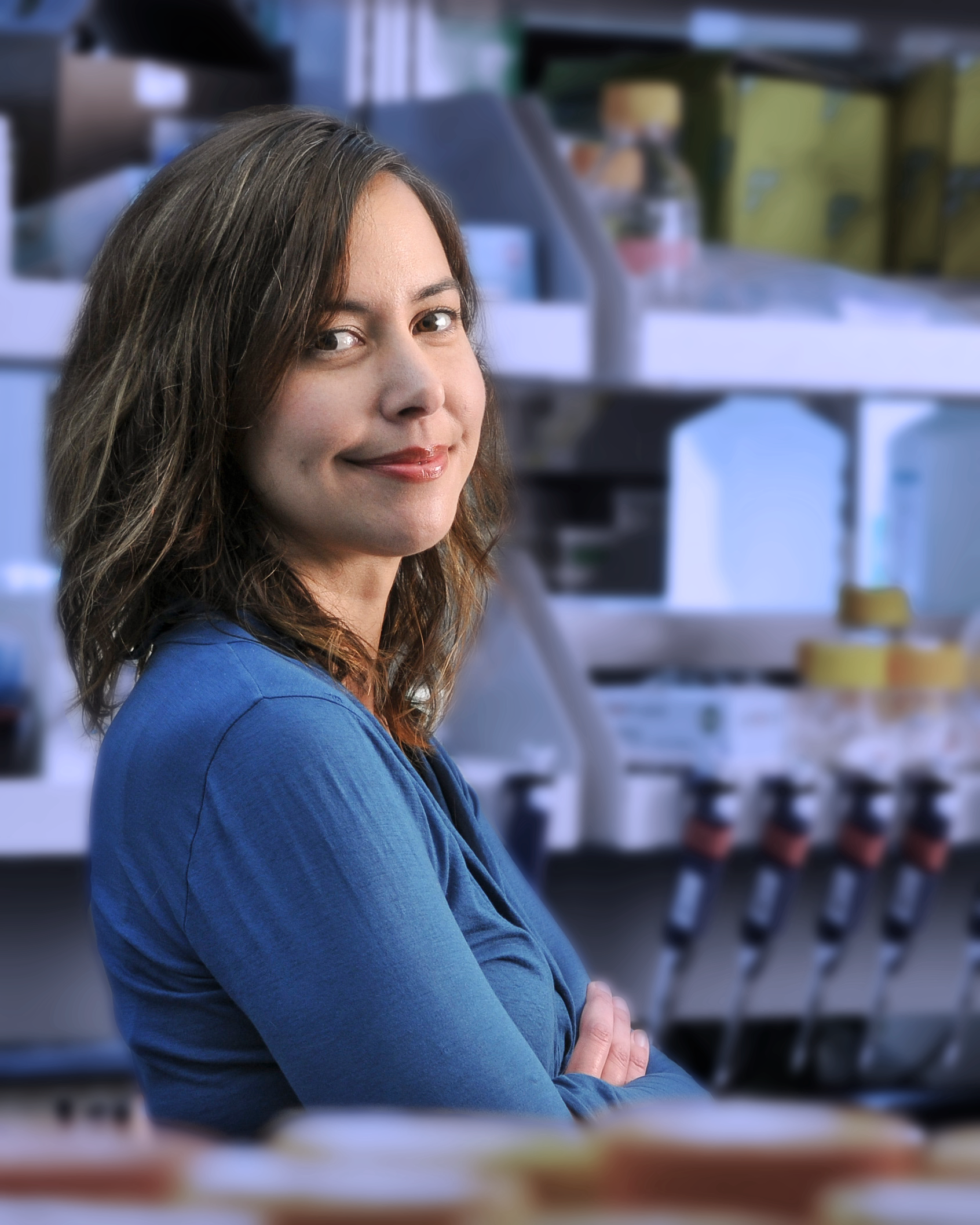2019 Stetten Lecture
Scalable Platforms for Generating RNA Sensors and Controllers
Christina Dawn Smolke, Ph.D.
Professor, Department of Bioengineering
and, by courtesy, of Chemical Engineering
Stanford University
National Institutes of Health
Bethesda, Maryland

![]() Videocast of the lecture (live or later)
Videocast of the lecture (live or later)
Research Summary
Whether animals are looking for food or mates, or avoiding pathogens and predators, they rely on biosensors—molecules that allow animals to sense and respond to their environments. Creating new kinds of biosensors to receive, process, and transmit molecular information is the focus of Christina Dawn Smolke’s research. Smolke provides innovative approaches to designing biomolecules that have applications in diagnostics, drug development, green chemistry, and more. Her lab has created RNA molecules, or switches, that can detect the disease state of a cell and are being further developed for targeted drug delivery. However, despite these successes, current means for designing biomolecules remain inefficient and laborious.
To improve the design of biomolecules, Smolke is developing high-throughput methods to obtain information about the biochemical activity of millions of RNA switches in a single experiment. These data are used for producing new computational methods to predict the function of RNA molecules based on their sequence and structure. Smolke's work may accelerate our ability to rapidly design and build biomolecules for a variety of applications in medicine and environmental conservation.
Smolke received her Bachelor of Science in chemical engineering from the University of Southern California in 1997 and her doctorate in chemical engineering from the University of California (UC) Berkeley in 2001. She conducted postdoctoral research at UC Berkeley in cell biology in 2003. Smolke was named an Alfred P. Sloan Fellow in 2008 and received an NIH Director’s Pioneer Award in 2012. A member of the Wu Tsai Neurosciences Institute, she is currently a professor of research in bioengineering and chemical engineering at Stanford University; she has held the position of associate chair of education for Stanford Bioengineering since 2012.
NIGMS has supported Smolke’s work since 2002, when she was awarded an F32 fellowship (GM064953). She also has received NIH funding from the National Cancer Institute and the National Center for Complementary and Integrative Health.
